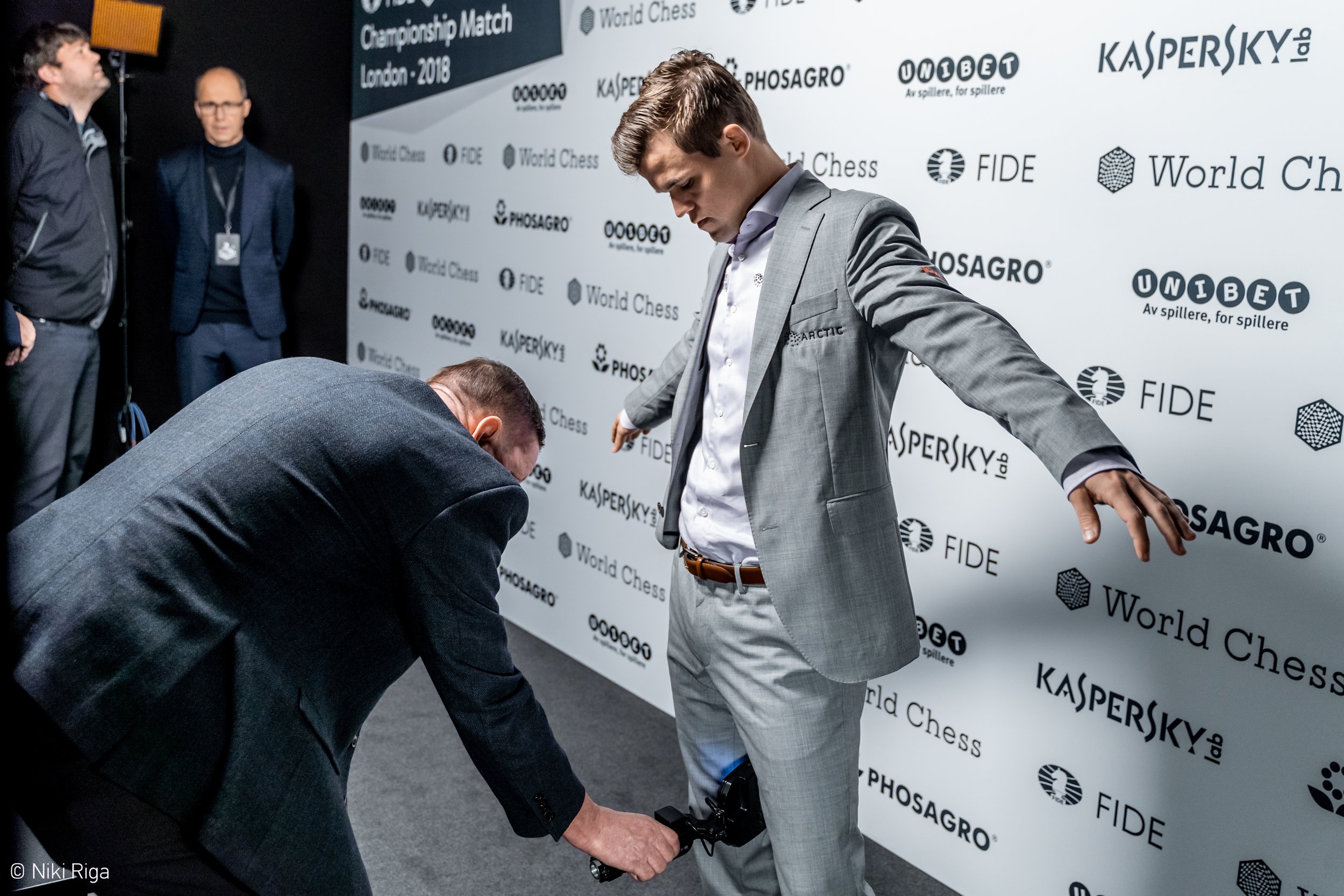Magnus Carlsen and the Jeans That Broke Chess
Chess has always been a game obsessed with rules. But last week, the sport's best player broke one—and it wasn’t on the board. Magnus Carlsen, five-time world champion and the most valuable asset chess has, showed up at the World Rapid and Blitz Championship in jeans. That’s when everything unraveled.
What followed is already being called Jeansgate. Carlsen refused to change his pants, got disqualified, and then, because this is Magnus Carlsen, dropped a “Fuck you” before leaving the event (and all FIDE events in general). The sport’s biggest star didn’t just make headlines; he detonated them. And now chess organizers, sponsors, and anyone who’s built their business around the game need to buy a crystal ball and try to figure out what this means.
Why It Matters
Magnus isn’t just a player—he’s the economy of modern chess. He’s a major reason brands sponsor tournaments, why platforms are profitable, and why teenagers think chess is cool again. So when he treats the rules like suggestions, it’s not just personal; it’s structural.
Chess needs to live without Magnus Carlsen, which means — investing in and supporting other players into becoming stars. Chess also needs to live with Carlsen who is, at the moment, bigger and more influential than FIDE. The previous example of such influence was Garry Kasparov, who broke FIDE into two by setting up a competing governing body.
The Fallout
Chess officials are panicking because Magnus’s meltdown—jeans, fines, expletives and all—might make him more popular, but it makes their jobs harder. Sponsors like predictability, not profanity. And while fans might rally behind Magnus as a free-speech hero in denim, organizers need him to show up, wear the right pants, and keep the machine running.
And here’s the problem: this isn’t Magnus’s first disruption. I know this firsthand. I’ve worked with Magnus and his father, Henrik. They’re smart, reasonable, and polite—but never simple. Signing a deal with them doesn’t end negotiations; it starts a process that can drag on long after the event’s over. They demand control. And more often than not, they get it.
So What Happens Now?
Magnus isn’t going anywhere. He’s too big to fail. But the chess world? It’s fragile. Jeansgate didn’t just highlight the sport’s tension between tradition and modernity—it tore it wide open. Organizers need Magnus, but they also need rules, and this scandal proved you can’t always have both.

